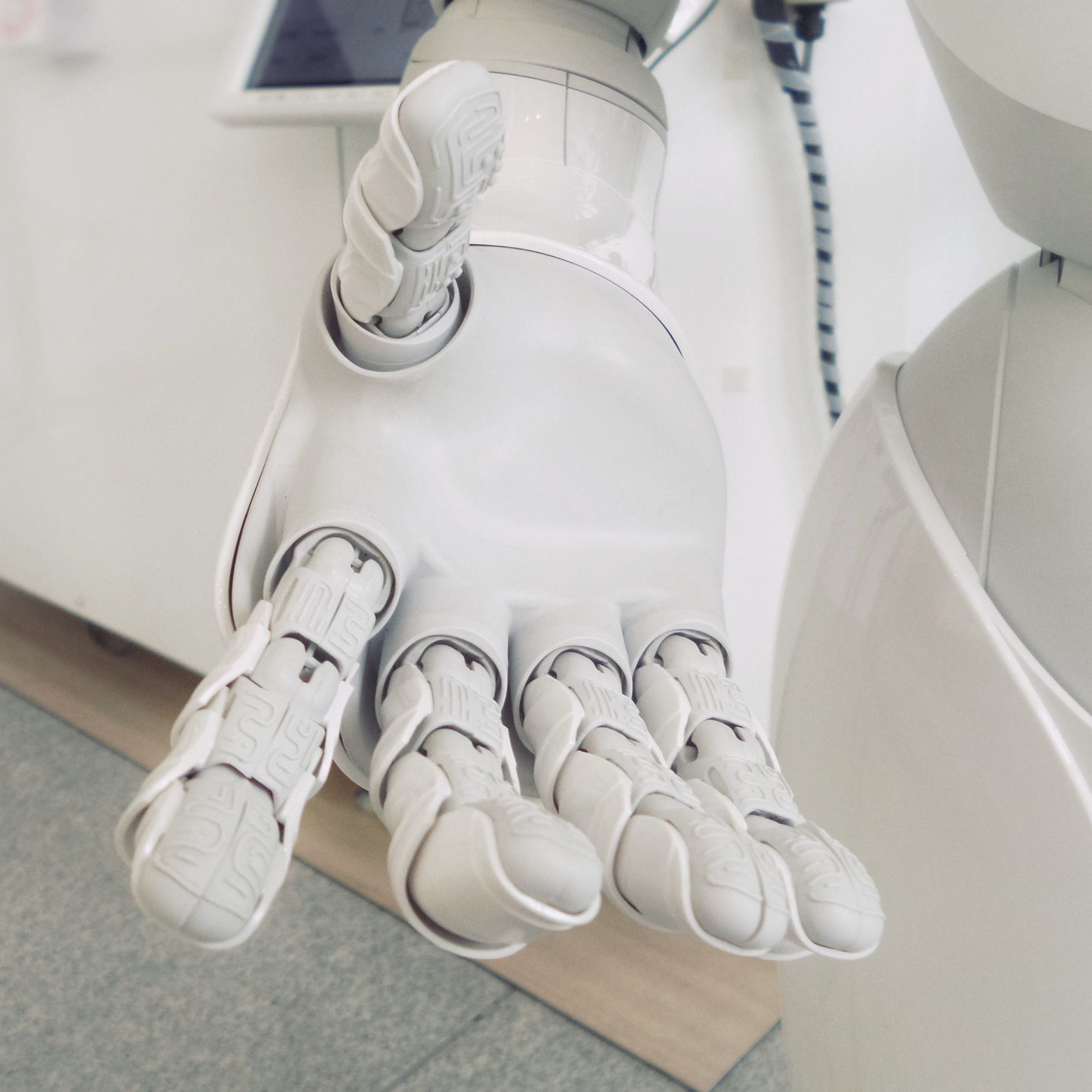Robotic Process Automation / RPA
Internal processes
Robotic Process Automation in real estate
Robotic Process Automation (RPA) refers to electromechanical machines or virtual agents that automate manual, recurring and rule-based processes. To do this, RPA is linked to end-user software, e.g. ERP systems, email programs, and then automatically performs the manual and often labor-intensive task.
RPA is particularly suitable for tasks and processes that have a high degree of standardization, run in a stable environment and for which there are few exception treatments. An extension of RPA with cognitive or even artificial intelligence is also conceivable. In this case, the RPA process would stop when an unforeseen event occurs and notify an employee to solve the problem. The RPA system remembers this decision and learns from it automatically.
All in all, RPA reduces human weaknesses, such as pressure or lack of attention, which leads to an increase in efficiency and quality. Employees can thus be freed up for higher-value tasks.

Advantages of digitization with RPA
RPA has its strongest impact in the back office application area, including accounting. The processes and tasks there (e.g., monitoring all payments and bookings) mean a lot of work, which also often has to be done manually. With RPA, employees can devote themselves to more complex topics that have a higher contribution to value creation and business risks such as human errors or fraud attempts are reduced.
In addition, RPA can also help to automatically extract, structure and format data from various systems. In this way, automatically generated data sheets for entire portfolios can be made available or evaluated in a straightforward manner.

More business processes
More business processes
Are you searching
for a business partner?
We support you on your search
and find right partners for you.
Are you searching for a business partner?
We support you on your search
and find right partners for you.
What are you searching for?

